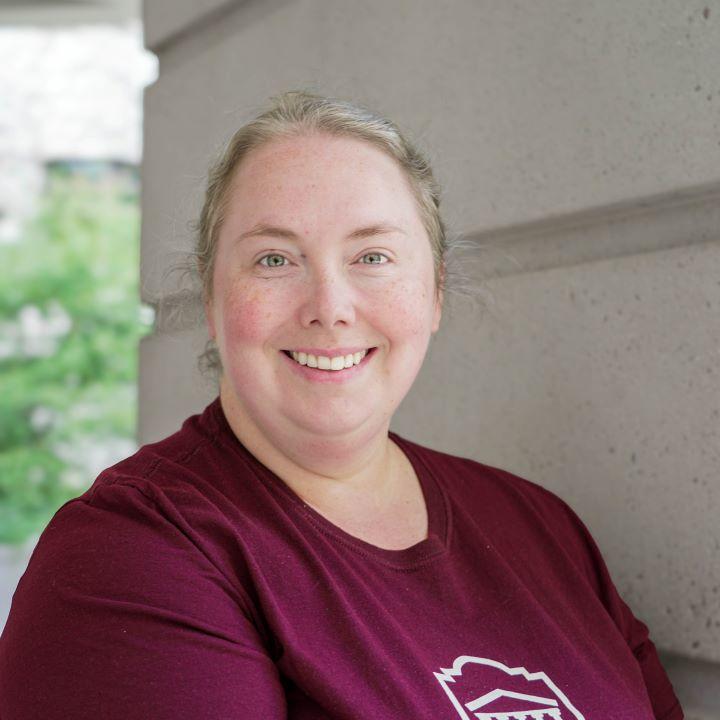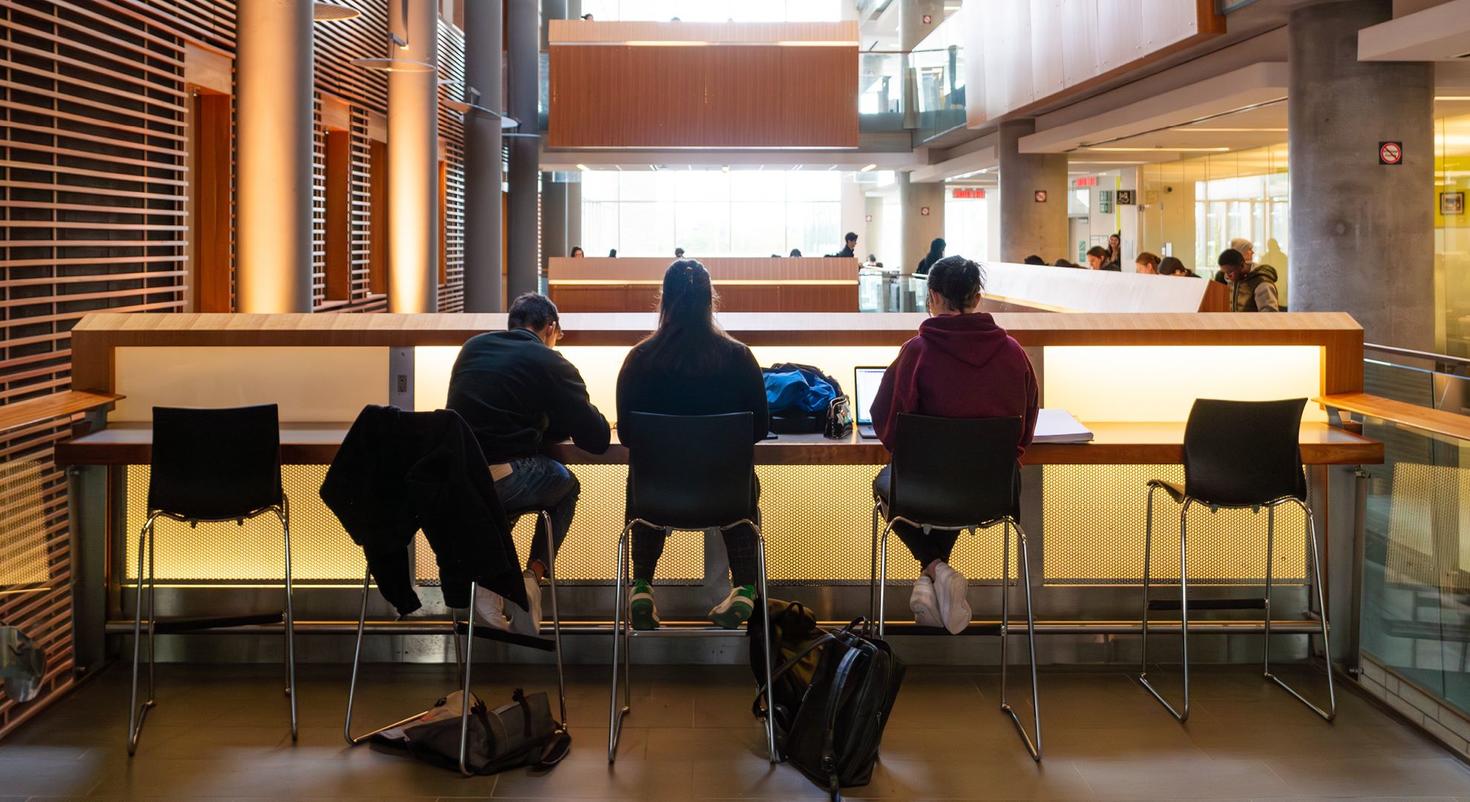Take heart: You’re not alone
Plenty of people don’t find their bearings in first year. It’s a new world for everyone.
“I still remember my first fall term. Between adapting to a new country, the intense pace of university and classes following one after another, I had the feeling of slowly being overwhelmed,” says Hiba Assouane, a third year psychology student from Morocco.
“At first, I was reluctant to ask for help. But my desire to do well finally made me take the leap and go see my professors during office hours. What I’d thought were strictly formal appointments turned out to be real moments of discussion, explanation, sometimes even little comments that were enough to reassure me and show me that in reality, nothing was as bad as I imagined.
“I also took part in some study workshops and met with an academic adviser. Little by little, I saw the difference in my grades, but particularly in my way of dealing with my studies more methodically and with less stress.
“Basically, I understood that being successful isn’t about perfection, but about the ability to learn, adjust and move on.”

“Success takes root in the quiet moments when you choose to persevere, turning small efforts into slow, steady growth.”
Hiba Assouane
— Third year, psychology
Reach out to people trained to help
Faculty mentoring teams are made up of students who already know the challenges of your program and have their experience to share. Their role is to give you practical advice, support with your courses and a better understanding of your path at university. Feel free to make an appointment and improve your learning strategies.
Ask your faculty
Faculty studies offices (undergraduate or graduate) are your first point of contact. You’ll find officers who can answer general questions or direct you to the right service to discuss specific situations.
Academic advisers can offer you personal guidance when you’ve hit a dead end, answer questions about your direction or monitor your progress. Made an appointment at your studies office or join our virtual line for help. Even a short meeting can really make your options clear.
Take advantage of professors’ office hours
Your professors and their teaching assistants like when you ask them questions. That’s what office hours are for! In addition to giving you support, they’re also a good way for you to get professors to put a name to your face and to show you’re committed to the course.
Use the right tools
In class, do you often have trouble paying attention while taking notes? Do you know how to create mind maps, do a layout of your work or use artificial intelligence correctly? Our Assistive Technology Mentoring Centre can help you manage and improve your grades using the right tools.
As well, given that they’re essential, develop your digital capacities Tuesdays and Thursdays, from noon to 2 p.m., at the Tinkering Lab (CRX C220).
Get help with your writing
Whatever your faculty, field or year of study, the Academic Writing Help Centre can accompany you through all the stages of your writing process. Whether you need help on a particular project or want to learn more about the principles of academic writing, feel free to book an appointment with a writing mentor.
If you’re taking courses offered by the Faculty of Arts Department of English, use the services of the Arts Writing Centre.
Pro tip: To cite your sources correctly, check out these academic integrity resources.
Get research help at the Library
Did you know? Your on-campus libraries aren’t just places to study, borrow books or do research.
You can also chat with librarians who can offer research assistance and guides or direct you to the right resources. As well, you can discover library tools available to you, including workshops to strengthen your skills and up your grades.
Take some fun electives for a breather
Taking a course just to ease your schedule — who hasn’t done it?
Your electives don’t have to be connected to your program. Get out of your comfort zone and discover new courses that can open you up to new perspectives.
Improve your graduate-level grades
Support doesn’t end with your bachelor’s. Help is also available for graduate students. Join a writing circle, whether for your thesis, research paper or just a course, go to your graduate studies office or discover graduate mentoring and support, to make the most of what your faculty has to offer.
Get closer to your classmates
Speak more with your classmates and try to make contact with others. When you surround yourself with people like you, you realize that, actually, you’re not the only one stressing out over grades. You’ll gain support and regain confidence.
Request academic accommodations if necessary
If you have a temporary or permanent disability that’s affecting your learning, get support from the Academic Accommodations Service, which offers you adaptive measures so that you can fully benefit from the learning environment. If you need help, register for academic accommodations.
Take care of your mental or physical health
To study, you also have to be able to recharge your batteries, and that means ensuring your mental and physical balance. Take time to visit the Wellness Lounge to get peer support, explore health and wellness resources, play games or just give your mind a rest. Explore sports and fitness activities as well and stay in shape for your studies.
Don’t let feeling a bit shy hold you back. Sooner or later along the way, you’ll need others to help you do something in particular. So how’s about starting to ask for support now?
What academic advisers have to say

“The services are there for you, judgment-free. At one time or another, we all need a helping hand — and that’s exactly why we’re here.”
Stéphanie Dion
— Academic development and student retention specialist, Faculty of Arts
